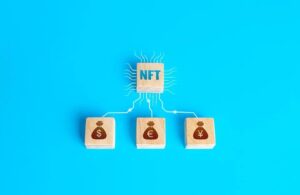Today, Russian President Vladimir Putin signed into law, a national ban on the use of digital assets for payments. This decision comes after the Russian government and central bank have long debated what to do about cryptocurrency.
Back in January, a proposal was suggested by the Bank of Russia to outright ban crypto, either for payments or investments. However, today’s law doesn’t go quite that far. Last February, the Russian Finance Ministry submitted a draft of cryptocurrency regulations to the government similar to the law enacted today, which allows for investing in digital assets like Bitcoin or Ethereum, but not for using them to buy things.
The law, as published on the Russian parliament website and translated by Google Translate, reads:
“It is prohibited to transfer or accept digital financial assets as a consideration for transferred goods, performed works, rendered services, as well as in any other way that allows one to assume payment for goods (works, services) by a digital financial asset, except as otherwise provided by federal laws.”
Since the country invaded Ukraine, Russia has been in the crypto spotlight. Due to this, big crypto companies, like Binance and Coinbase, said that they will comply with US or EU laws restricting Russian use of exchanges.
Crypto legislation in Russia is complicated. Previously, the country’s central bank called for a ban on Bitcoin mining and crypto transactions. However, early this year, the country’s Finance Ministry said it would be “necessary to allow” cryptocurrency technology to develop.
According to President Putin, who expressed enthusiasm for Bitcoin mining in January, when he said that Russia had “certain competitive advantages” including a “surplus of electricity and well-trained personnel available in the country” to mine the currency.
- Bitcoin
- blockchain
- blockchain compliance
- blockchain conference
- coinbase
- coingenius
- Consensus
- crypto conference
- crypto mining
- cryptocurrency
- Cryptoverze
- decentralized
- DeFi
- Digital Assets
- ethereum
- machine learning
- news
- non fungible token
- plato
- plato ai
- Plato Data Intelligence
- Platoblockchain
- PlatoData
- platogaming
- Polygon
- proof of stake
- W3
- zephyrnet











